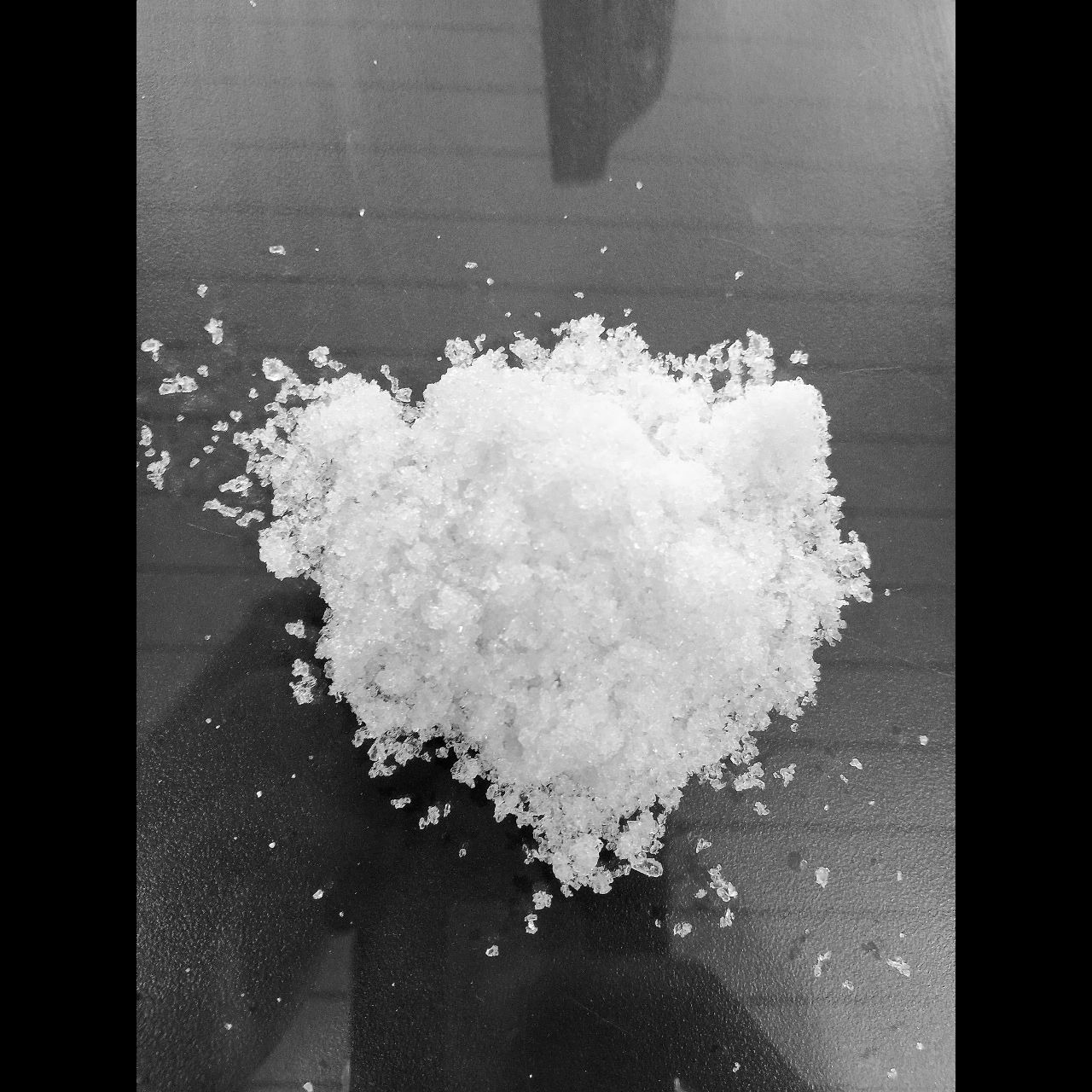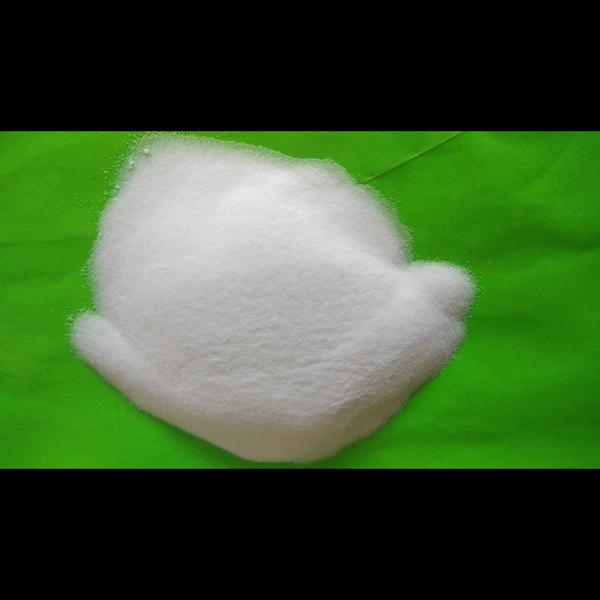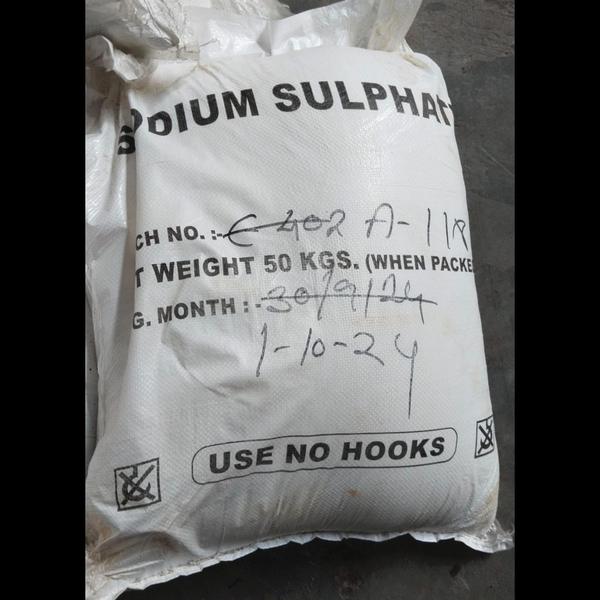
Naushadar (नौशादर) is a traditional name commonly used in India, Pakistan, and other South Asian countries for a chemical compound known as:
👉 Ammonium Chloride (NH₄Cl)
🔍 Meaning & Background:
The word 'Naushadar' comes from Persian/Arabic origins, historically used in Unani and Ayurvedic medicine, metallurgy, and household applications.
In older texts, it was also called Sal Ammoniac.
🧪 Chemical Details:
Formula: NH₄Cl
Appearance: White crystalline salt, slightly salty and cooling taste
Solubility: Easily dissolves in water
Nature: Slightly acidic
🏭 Uses of Naushadar / Ammonium Chloride:
🔧 1. Industrial Applications
Metal Cleaning & Galvanizing:
Used as a flux in soldering and cleaning metals before electroplating
Battery Manufacturing:
Used in dry cell batteries as an electrolyte
🌱 2. Fertilizer
Supplies nitrogen in crops (especially rice and wheat)
Often used in saline soils
🧪 3. Pharmaceuticals / Unani Medicine
Used as an expectorant in cough syrups
Believed to help in dissolving phlegm and stimulating digestive function in Unani medicine
🧼 4. Household Use (Traditional)
Mixed with lime for cleaning copper, brass, and silver
Used in smoking rituals or traditional medicines
⚠️ Safety Note:
It is generally safe in small, regulated quantities (like in medicine or fertilizer), but inhalation of dust or prolonged exposure can cause irritation to the respiratory system.
Keywords
traditional mixed
respiratory system
prolonged exposure
generally safe
smoking rituals
dissolving phlegm
older texts
household applications
word naushadar
chemical compound
india pakistan
naushadar नशदर
cleaning metals
ayurvedic medicine metallurgy
cleaning copper brass
small regulated quantities
stimulating digestive function
cough syrups believed
dry cell batteries
electroplating battery manufacturing
persianarabic origins historically
south asian countries



